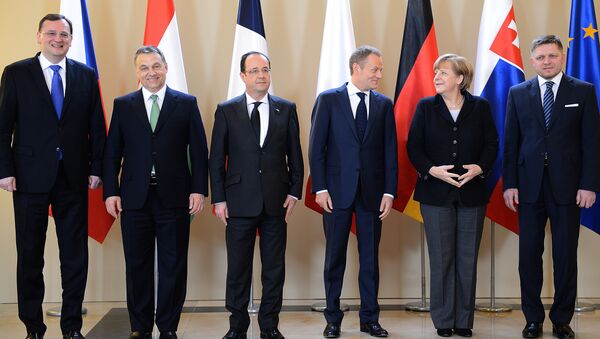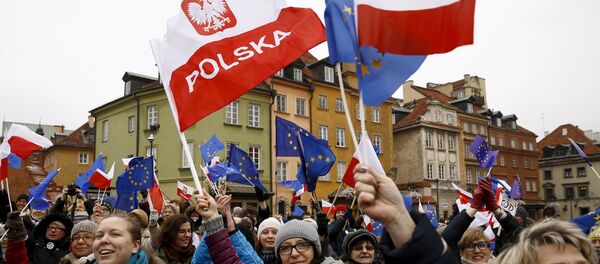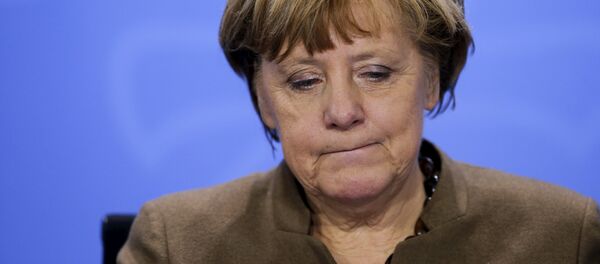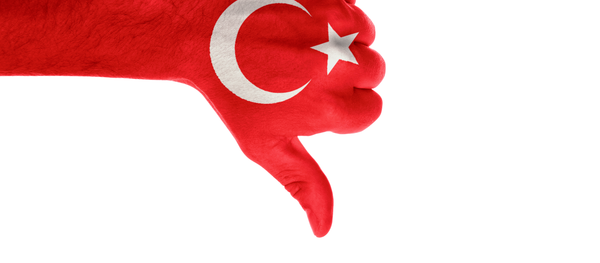Slovakia holds the six-month rotating presidency of the EU, so it falls to the country's Prime Minister Robert Fico to set the agenda for the upcoming EU summit on September 16. In a sign that Fico is leading the EU in a new direction, he has decided not to hold the summit in Brussels, but in his capital, Bratislava.
Bratislava best place 2 start important process of reflection, @eucopresident. Full doorstep https://t.co/iaWBNd6iyw pic.twitter.com/6lHtgZYfcj
— EU2016SK (@eu2016sk) September 2, 2016
The significance of the location is crucial, as Slovakia is one of the Visegrad Group, along with the Czech Republic, Hungary and Poland — all of whom are calling for a major rethink on the whole EU project. In a joint communique in July, the leaders of the four countries said:
"It's time for the Union to be more pragmatic, focused on the essentials and reforms. At the same time the EU must act with due consideration and solve the problems of citizens while respecting the principles of subsidiarity and proportionality as well as the role of the national parliaments."
The group are among other Eastern European countries that have rejected calls for the mandatory relocation of migrants on a quota basis, with Hungary challenging the policy promulgated by Juncker and Merkel, supported by Poland.
Former Polish Prime Minister Tusk will ultimately have to lead the negotiations on Britain's exit from the EU and its new relationship with the bloc. Yet his own country is at odds with Brussels over changes to its constitution.
Current Polish Prime Minister Beata Szydło's Law and Justice Party (PiS) has made a number of variations to its Constitutional Tribunal that the European Commission has declared go against the principle of the 'Rule of Law' of the EU and is threatening to remove Poland's voting powers.
All of which makes for an interesting meeting between Tusk and Fico as they decide how to set the agenda for the Bratislava summit.
Rise in Nationalism
Meanwhile, Merkel and Hollande will have side talks at the Franco-German forum in the French spa town of Evian. Both are facing elections in 2017 and neither is enjoying a great deal of popularity. Amid the migrant crisis and terrorist attacks, both are facing stiff opposition from nationalist opposition.
Merkel's popularity has plunged over her 'open doors' policy to refugees, which has put a huge strain on her own CDU/CSU coalition, which has suffered a fall in support, with the populist right-wing party Alterative for Germany (AfD) winning record backing.
Hollande is struggling to deal with a rise in Islamophobia, controversial changes to his country's labor code as well as terrorist attacks in Paris, Nice and elsewhere. He is struggling to garner enough support to even survive the primaries in the race for the presidency next year.
Hollande and Merkel are both strong supporters of the principle of the freedom of movement of EU workers — a major stumbling block for the Brexit negotiations, as the issue of EU migrant workers was the main issue in the run-up to Britain's referendum on Brexit.
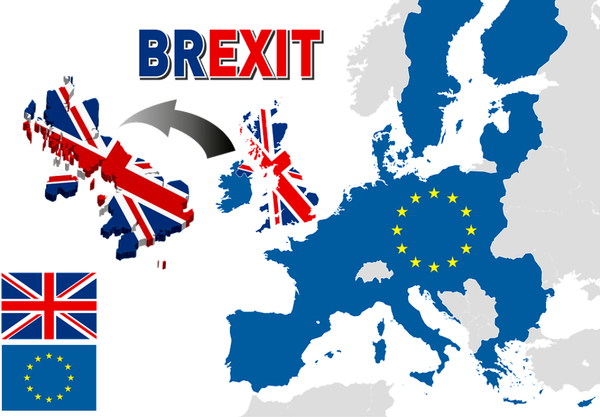
Migrant Mess
Finally, there is Juncker, who meets Merkel Friday (September 2). They both brokered the controversial EU-Turkey migrant deal under which Turkey is paid US$3.35 billion to prevent migrants from flooding into Europe, and accepting "irregular migrants" — those refused asylum — from Greece.
The deal includes the granting of visa-free access to Europe and the acceleration of Turkey's accession to the EU.
The deal is facing increasing opposition because of Turkish President Recep Tayyip Erdoğan's increasing grip on power, clampdown on the opposition and media — particularly following the attempted coup in July. Many EU members say the migrant deal and all talks over visa-free access should be brought to a halt.
Thus, September 2, 2016 can be seen as D-Day for the EU.
The major players are all in talks ahead of the crucial Bratislava summit on September 16. Divisions within the union are deep. The migrant crisis and Brexit has exposed major flaws in the great European dream, which all of the above will have to face up to.
The Bratislava summit will be a turning point for the EU. Entrenched views on sovereignty and immigration are likely to be exposed and it will be difficult to reach a compromise over the future of the EU post-Brexit.
As the Slovak saying goes: Kto druhému jamu kope, sám do nej padá (He who digs a hole for another, falls in himself).

